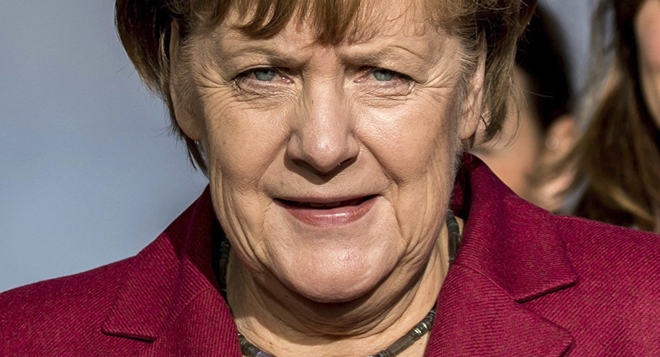German Chancellor Merkel to Reveal Her Plans on Forming Government in 2018
Angela Merkel's speech given to reporters by the governmental press service reads that the chancellor plans to form the stable government as soon as possible in 2018.
- U.S. military to accept transgender recruits on Monday: Pentagon
- Erdogan Tries to Patch Up Relations With EU After Year of Finger-Pointing
- U.S. sanctions North Korean missile experts
German Chancellor Merkel is expected to say in her New Year speech that she wants to exert maximum efforts to form the stable government as soon as possible in 2018.
"My dear compatriots, you have charged us, the politicians, with the goal to resist the challenges of the future and at the same time to care for the needs of all the citizens. I consider myself to be responsible for implementation of this order — including by working to form a stable German government in the new year," Merkel is expected to say in the speech given to reporters by the governmental press service.
 |
The German leader is expected to say that she is aware that many people are concerned over the nation's unity adding that the fact that many people have "fears and concerns" is an incentive for her work.
The politician added that the issue was about the capability of the Europeans to preserve their values both within the bloc and outside of it, as well as to take steps to contribute to economic success of Europe and to protect the safety of the citizens.
"The future of Germany… is inseparable from Europe's future. Twenty seven states in Europe should work more active than anyone else in order to preserve the community's unity. This would be a crucial issue in the next years," the speech reads.
According to the German chancellor, Berlin along with Paris want to exert efforts in order to reach these goals and to make Europe "suitable for future."
Germany held a parliamentary election on September 24. The alliance of Merkel's Christian Democratic Union (CDU) and the Bavarian Christian Social Union (CSU) won the election, securing 246 seats in the parliament, while the German Social Democratic Party (SPD), came second with 153 seats.
In late November, German President Frank-Walter Steinmeier offered the CDU/CSU and the SPD to launch coalition talks after the failure of negotiations between Merkel’s bloc, the Free Liberal Party (FDP) and The Greens party. The two biggest German parties accepted the initiative.

